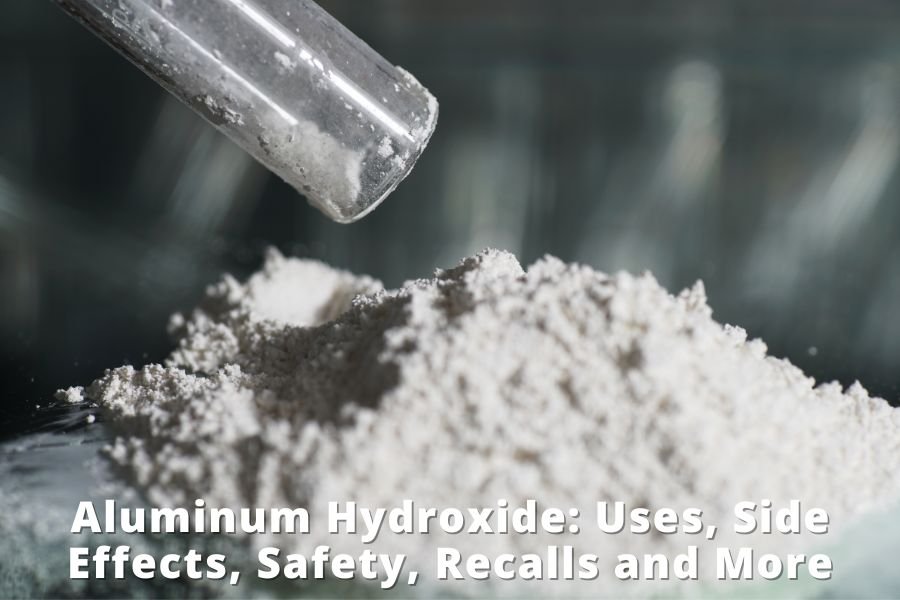
Aluminum hydroxide is a medication commonly used as an antacid to relieve symptoms of heartburn, acid indigestion, and upset stomach. It works by neutralizing excess stomach acid and can also be used to manage symptoms of gastroesophageal reflux disease (GERD) and peptic ulcers.
Aluminum hydroxide is primarily used to treat symptoms associated with gastrointestinal conditions such as acid reflux and peptic ulcers. It helps to reduce the production of stomach acid and provides relief from symptoms such as heartburn, sour stomach, and acid indigestion.
Aluminum hydroxide is generally considered safe for pregnant women and children when used as directed. However, it is always recommended to consult with a healthcare professional before taking any medication during pregnancy or giving it to children.
There have been no recent recalls of aluminum hydroxide reported. However, it is important to check the packaging for any signs of damage or tampering before using the medication.
Aluminum hydroxide has been approved by the Food and Drug Administration (FDA) for the treatment of symptoms associated with acid reflux and peptic ulcers. It has undergone rigorous testing to ensure its safety and efficacy.
Aluminum hydroxide is prescribed to individuals who experience symptoms of heartburn, indigestion, and upset stomach caused by excess stomach acid. It helps to neutralize the acid and provide relief from discomfort.
Aluminum hydroxide is typically taken orally as a tablet or liquid suspension. It is important to follow the instructions provided by your healthcare professional or the directions on the packaging. The dosage may vary depending on the severity of symptoms and individual response to the medication.
Aside from its use as an antacid, aluminum hydroxide has also been used in the treatment of kidney disease and as an ingredient in certain vaccines.
It is important to inform your healthcare professional about any allergies or medical conditions you may have before taking aluminum hydroxide. Additionally, if you are taking any other medications, it is essential to discuss possible drug interactions with your healthcare professional.
Aluminum hydroxide should be stored at room temperature, away from moisture and heat. It is important to keep the medication out of reach of children. If you no longer need the medication or it has expired, it should be disposed of properly according to local regulations.
In case of an emergency or overdose of aluminum hydroxide, it is important to seek immediate medical attention or contact a poison control center. Do not induce vomiting unless instructed by a healthcare professional.
Aluminum hydroxide may interact with certain medications, including antibiotics, iron supplements, and tetracycline drugs. It is important to inform your healthcare professional about all the medications you are taking to avoid any potential interactions.
When used as directed, aluminum hydroxide is generally considered safe. However, it is important to follow the recommended dosage and consult with a healthcare professional if you have any concerns or experience any unusual side effects.